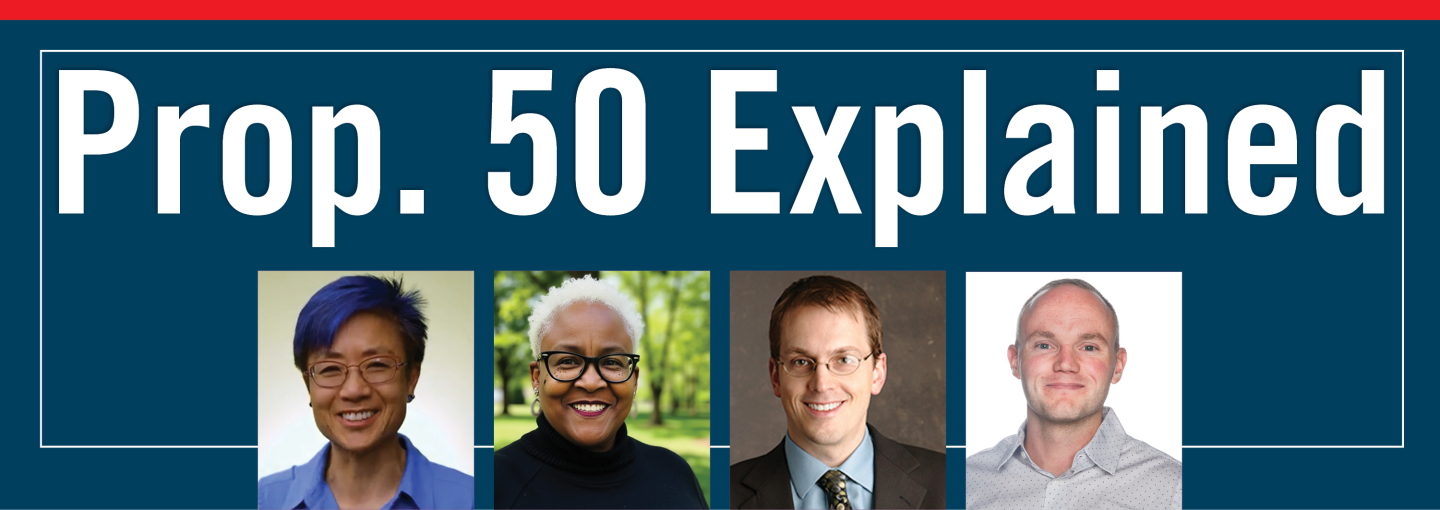
Prop. 50 Explained: What’s at Stake for California . . . and Congress
In August, after Texas acceded to President Donald Trump’s demand that it adopt a redistricting plan favoring Republicans, California Governor Gavin Newsom said he would fight back. He signed legislation creating Prop. 50, which asks voters to suspend California’s independent redistricting maps and allow the legislature to draw new districts. "Today, we gave every Californian the opportunity to stop Trump by saying yes to our people, to our state, and to American democracy," Newsom said at the time.
Supporters say the plan is a temporary but critical defense against partisan mapmaking in other states. They argue that California must step in to protect democracy nationwide and pledge that the state will restore its independent redistricting process after 2030.
Critics, who include former Governor Arnold Schwarzenegger, contend the proposal undermines the state’s voter-approved redistricting reforms, restoring the same partisan gerrymandering that California has banned.
“We know American democracy is on fire, but accelerating gerrymandering only adds fuel!,” a No-on-50 ballot argument states. “[Prop. 50] claims to protect democracy, yet diminishes our communities’ voices and is ineffective against any overreach of presidential power.”
With voting already underway, join us to learn more about Prop. 50 and what’s at stake for California and control of Congress.
Commonwealth Club World Affairs of California
United States

Cynthia Dai
Rotating Chair, First California Citizens Redistricting Commission

Trena Turner
Member, California Citizens Redistricting Commission

Eric McGhee
Policy Director and Senior Fellow, Public Policy Institute of California

Dustin Gardiner
Co-author, Politico’s California Playbook

